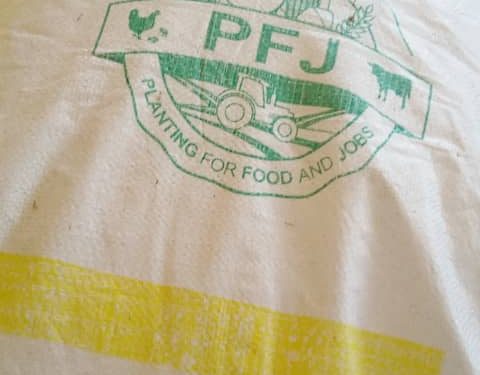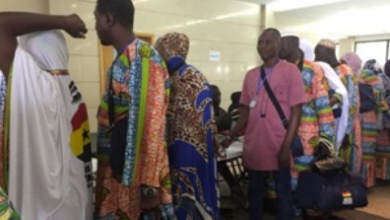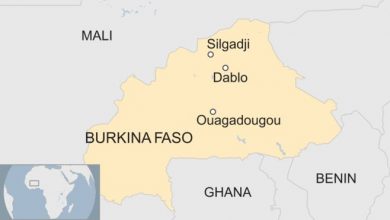News
Agric Ministry admits fertilizer shortage; pledges urgent steps to mitigate impact

The Ministry of Food and Agricultural (MoFA), has admitted to challenges with the supply of fertilizer to farmers to boost agricultural production in the country.
It however blamed the situation partly on the global impact of the COVID-19 pandemic.
Farmers are already lamenting the shortage of fertilizers, warning of the potential consequences on food security.
One major concern is the debt owed fertilizer suppliers in the country, a situation that could spell doom for farmers, and to a larger extent pose serious threats to Ghana’s food production.
But responding to these concerns, the Public Relations Officer of the Ministry of Food and Agriculture explained that the outfit is aware of the difficulties farmers are facing.
“We also admit that fertilizer is a challenge. These input dealers had an arrangement with the Ministry to supply farmers with fertilizers, and the global effect as far as COVID-19 is concerned has had an adverse effect on us. So with the subsidy price given to the input dealer; they complained that they made losses”, Mr. Bagbara Tanko said on the Citi Breakfast Show on Friday.
The Agric Ministry’s spokesperson was quick to add that discussions have been had with the farmers, with plans already underway to reform the existing fertilizer subsidy regime in a bid to curtail the challenges the farmers are currently grappling with.
“The Ministry and the farmers had a meeting where we all reached an agreement that the government needs to adjust the subsidy fee for them if there is an upward adjustment so that they will be able to supply the fertilizer to the farmers”.
When asked specifically whether the Ministry will acknowledge that the scarcity of fertilizer has negatively affected the government’s flagship agriculture initiative – Planting for Foods and Jobs, Mr. Tanko said:
“I will not concede at this point. We are facing a challenge and that is peculiar to this year. We are all aware of the success story of the Planting for Food and Jobs Program. All the Ministry is worried about is the debt owed to these input dealers.”
“I should say we are in a moment of crisis. We were scaling up with production; we had a good harvest, but unfortunately, we were hit by this drought last year. Our expectations last year in terms of yield did not work out. Our neighbours flooded our market centers, buying what we have in the system. As a result, we are all experiencing this. So it is our hope that we will not experience these challenges this year,” he added.
Several farmers in parts of the country are struggling to access fertilizers to increase yield.
In Sissala in the Upper West Region, for instance, the shortage of fertilizer there is adversely affecting farmers, leaving large fields of maize turning yellowish a few weeks after planting.
Source: Fiilafmonline\CitiNews



